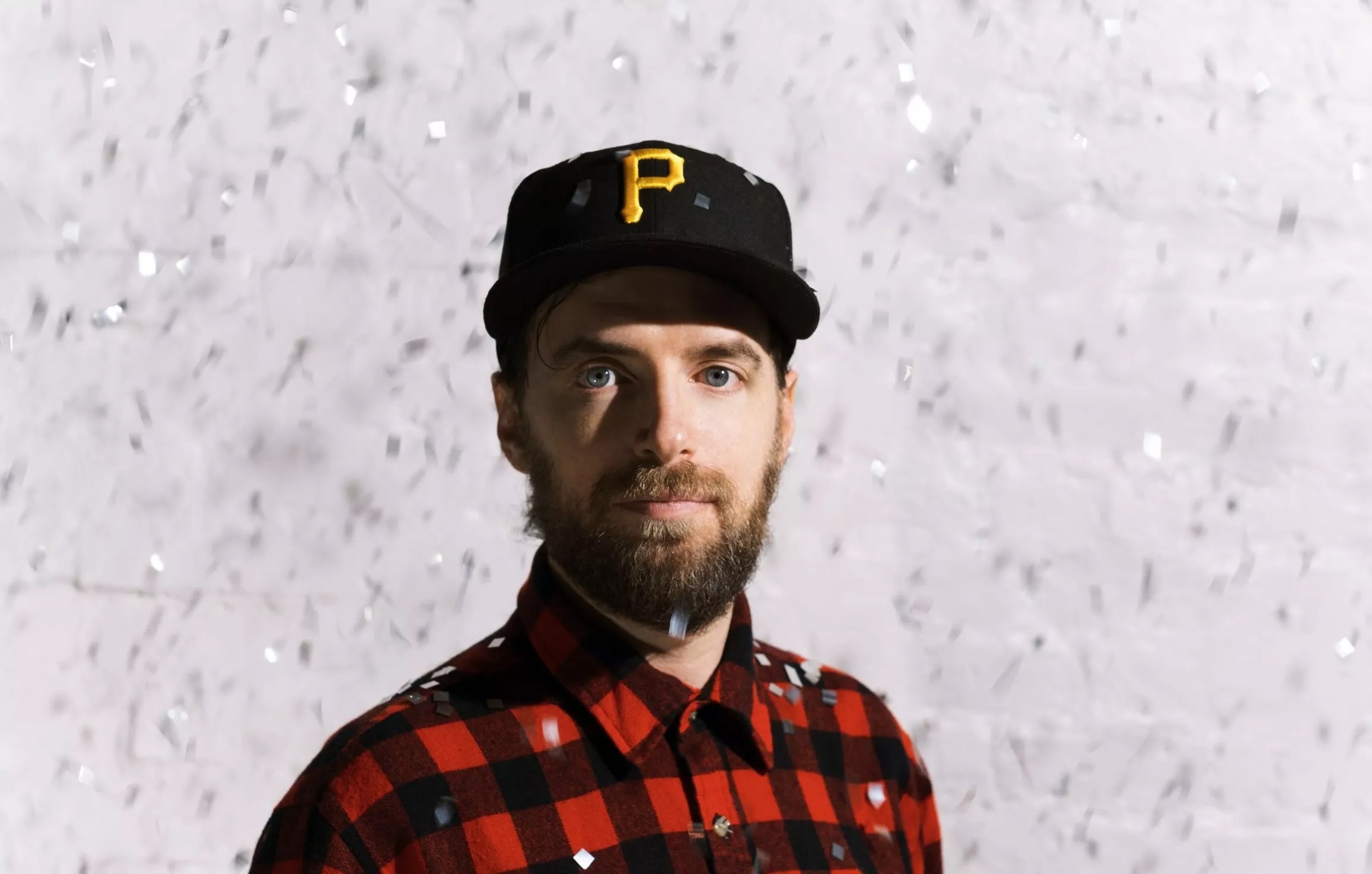
Joey Kennedy

Audio By Carbonatix
Girl Talk might be the only artist to have Paul McCartney dance on stage at their show while being completely unaware of it.
“I had zero interaction with him,” says Gregg Gillis, better known to the world as the oblique mashup DJ Girl Talk, about the mysterious cameo at his own 2014 Coachella set. “I didn’t even know Paul McCartney was attending, when all of a sudden he kind of popped up on stage and was dancing away. Then there was like an issue because there was becoming too many people on stage or whether we were going to have to remove people. So, I think there was debate with my tour manager, like ‘What do we do about Paul McCartney?”
Gillis, who is returning to DFW for a show Friday, April 22, at the Granada Theater with special guest Hugh Augustine, says he had thrown himself headfirst into his set, manipulating the sounds on his computer, and wasn’t aware of Sir Paul’s presence until after the set was over. By that point, the Beatle had vanished.
While Gillis hasn’t released a solo album as Girl Talk since 2010’s All Day, he’s stayed busy throughout the 2010s, mostly producing for other artists such as T-Pain and Freeway. Just this past month, Girl Talk released Full Court Press, a collaborative album with Wiz Khalifa, Big K.R.I.T. and Smoke DZA, the first album to feature Girl Talk’s full involvement in 12 years.
Along with DJ Shadow, The Avalanches and others, Girl Talk was one of a few artists in the late ’90s and 2000s who excelled in the genre known as “plunderphonics,” which consists of making new musical compositions entirely out of samples. Naturally, a sample-based body of work is likely to carry some legal entanglements. In 2008, The New York Times Magazine called Girl Talk’s music “a lawsuit waiting to happen.”
When asked if the reason there were so few plunderphonics artists at the time was because of the fear of litigation or the stigma that comes with extensive sampling, Gillis says the answer is a little of both.
“Things change,” he says. “The interesting thing to me is that mashups and remixes are just so insanely popular right now on TikTok, and everywhere you look, there’s constantly music that is recontextualized or remixed or all of that, just everywhere. And it just kind of crept up in this way where it just it just so normalized.”
Obviously in the years that passed, sample-based production became the norm in hip-hop, extending past the fundamental application of samples in late ’80s or ’90s hip-hop artists. Experimental artist John Oswald first coined the term “plunderphonics” with his massive mosaic of a compilation of The Grateful Dead’s various performances of “Dark Star” called Grayfolded and was Gillis’ primary inspiration when it came to the plunderphonics world, but Oswald was just one of several artists who made the style work early on and allowed Gillis’ ideas to take flight.
“I was like, ‘Oh, I’m going to start a project that’s entirely based around using other people’s music, that’s something that not a ton of people are doing.'” -Girl Talk aka Gregg Gillis
“It doesn’t have to make sense,” Gillis says of his early ethos. “It can be something that was coming from that background [and] allowed me to do something like Girl Talk where I was like, ‘Oh, I’m going to start a project that’s entirely based around using other people’s music, that’s something that not a ton of people are doing.’ But when you’re a fan of [artists like] Negativland, that is what they were doing.”
Gillis says he doesn’t voraciously consume music these days outside of hunting for samples.
“I listen to a lot of that kind of ’70s, ’80s kind of boogie stuff,” he says. “I got a couple of kids in my house, my kids; they’re 4 and 1, so we listen to a lot of Disney stuff.”
Does this mean that the next Girl Talk album will be rife with samples from the Encanto soundtrack?
“You never know!” Gillis says, laughing. “It’s a big influence. I’ve always loved pop music, but I would say prior to having my daughter, I didn’t necessarily listen to, like, pop radio as much in recent years. And now with her, she’s super into, you know, Olivia Rodrigo and Dua Lipa and all of that stuff, which I like as well.”
Gillis says that his daughter’s interest in the pop mainstream has reinvigorated his own interest in what’s dominating Top 40 radio, something that he says all serious music fans should at least keep up with.
“I remember being young and my parents having a lot of older music that they liked,” he says. “But they were also very contemporary, which is something I very much value. Like when I was growing up in the ’80 as a kid, they were listening to Prince, Michael Jackson, The Bangles and things that were happening at that moment. I feel like that’s something cool.”